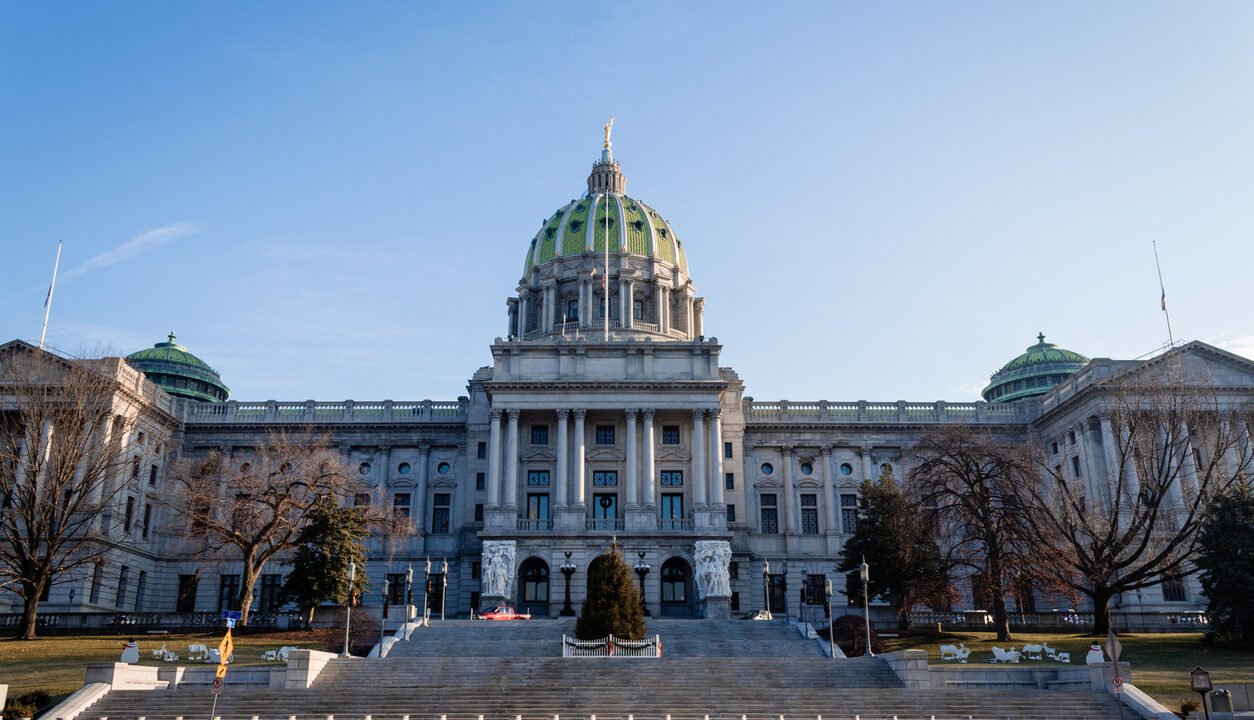Press Release

PA Budget: Unsustainable spending, some big wins
July 7, 2022, Harrisburg, Pa. – The Pennsylvania House of Representatives today passed a state budget plan that exceeds Gov. Tom Wolf’s budget proposal by $300 million, with ongoing spending that exceeds projected revenue by $3 billion.
Commonwealth Foundation Senior Vice President Nathan Benefield issues the following statement on the House-passed budget:
“This budget represents excessive growth in government spending, increasing state spending by 10.7 percent over last year’s appropriations, and setting the state up for possible future tax hikes.
“Of particular concern is the massive $1.5 billion increase in public school funding (11 percent over last year’s budget). This increase comes despite declining enrollment and test scores and school districts stockpiling more than $5.29 billion in reserve funds. The additional funds will do little to give parents greater control over their children’s education.
“One budget bright spot is the largest tax credit scholarship increase since the program’s inception, despite the governor’s open hostility to the program. The increase will provide educational opportunities to an additional 31,000 K-12 students.”
To schedule an interview with Commonwealth Foundation’s Nathan Benefield, contact Stephanie Mason at [email protected].
Pennsylvania State Budget Highlights
- The current budget deal spends $300 million more than Gov. Wolf proposed.
- The budget includes $44 billion in ongoing General Fund appropriations. Of this, $1.2 billion will be paid through temporary federal Medicaid matching dollars. This represents a 10.7 percent increase over last year’s appropriation.
- The budget deal spends nearly $2 billion more than revenues—and is $3 billion out of balance when factoring in the one-time federal Medicaid funds.
- The budget includes a $1.5 billion increase in state support of public schools, an 11 percent increase over the $13 billion in last year’s budget. The amount for “Basic Education” alone (including “level up” funding) increased by $775 million, more than double last year’s $300 million increase.
- This increase comes despite Pennsylvania school districts collectively stockpiling $5.29 billion in reserve funds as of 2020-21, up from $4.8 billion the previous year.
- The budget includes a $2.1 billion deposit in the Rainy Day Fund, which will bring Pennsylvania closer to the national average and best practices, helping prepare for future recessions and revenue loss.
- The budget includes a $125 million increase for the Educational Improvement Tax Credit (EITC) and Opportunity Scholarship Tax Credit (OSTC), $110 million of which is for an increase in scholarships for K-12 students. This $110 million increase in tax credit scholarships would provide approximately 31,000 additional K-12 students with educational opportunities.
- The Public School Code repeals Gov. Wolf’s new charter school regulations that were aimed at stifling charter school growth and limiting educational opportunities.
- The budget reduces Pennsylvania’s corporate tax rate from 9.99 percent (the second highest rate to New Jersey’s) to 4.99 percent over ten years. This 4.99 percent would rank Pennsylvania with the 35th highest top rate in 2021, though this 4.99 rate won’t occur until 2032.
- Unfortunately, the budget did not include legislation allowing small business to deduct their losses, a provision that corporations already enjoy.
Commonwealth Foundation’s full analysis of the 2022 state budget deal is available here.
# # #
The Commonwealth Foundation transforms free-market ideas into public policies so all Pennsylvanians can flourish.